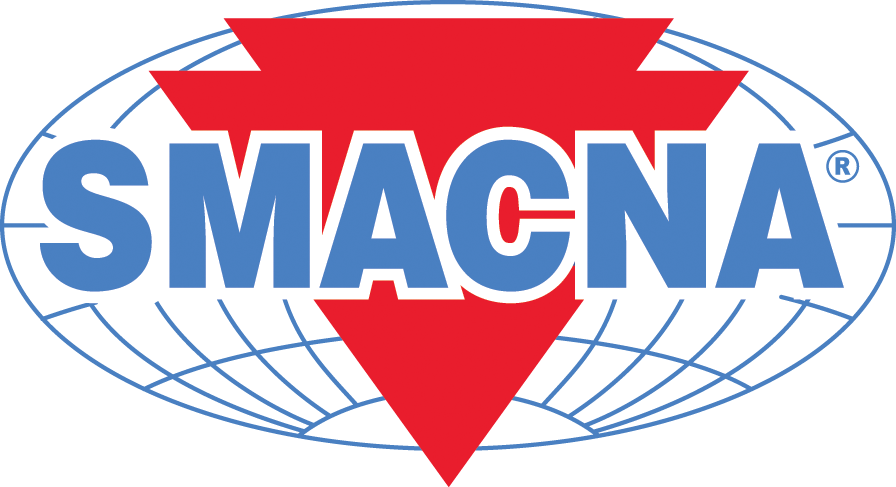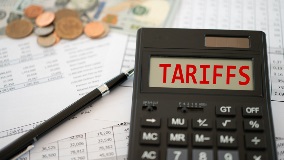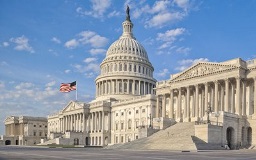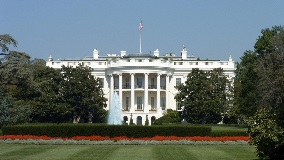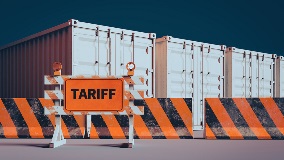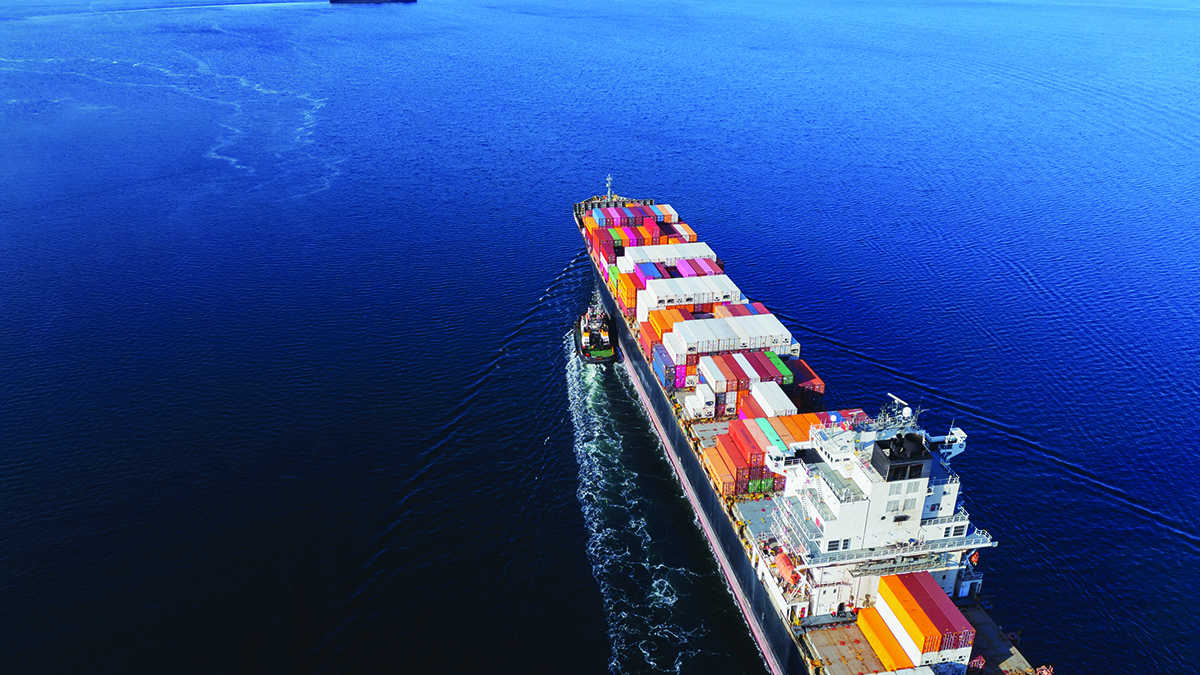Tariffs
The latest wave of tariffs is sending ripples of uncertainty through the construction industry, and sheet metal and HVAC contractors are bracing for significant cost increases. Contractors are particularly vulnerable to the fallout from international trade disputes, and the disruptions could threaten both positive trading relationships and the overall stability of the construction market.
The SMACNA Government Affairs leadership notes that while the potential tax benefits Congress discussed could help stabilize costs, they are still months or even years away from taking effect.
Through the uncertainty and the "waiting game", SMACNA is committed to providing contractors with strategies for resisting financial loss. SMACNA will be monitoring and providing timely updates for sheet metal and HVAC contractors. Please review this page and check back often for updates and resources to support your business.
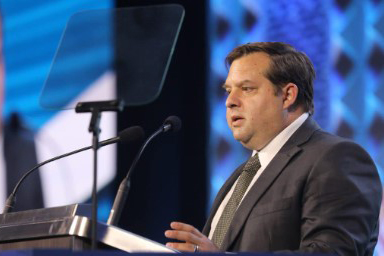


SMACNA ADVOCACY
Discover SMACNA's stance on the critical issues shaping the industry, small businesses and your future. Take action today to drive impactful legislative change to help SMACNA push priority issues across the goal line for lasting success.
Take Action NowFrequently Asked Questions:
Contractors' Responses to Rising Tariffs' Impact on Material Costs
Material costs in construction are being impacted by tariffs imposed and threatened by the current administration. Contractors should look to their agreements to see what alternatives they have to seek reimbursement for these rising costs. Ultimately, the ability to recover tariff-related costs depends on the terms of the contract1. Please see our Frequently Asked Questions (FAQ) below for additional information.
1This blog post concerns federal and private contracts. Construction contracts entered into with states, counties, or other local authorities may have substantially different terms and contractors should consult their attorneys for guidance.
Related News
Related SMACNews
“May you live in interesting times.” It is an old quote, often expressed as an ancient curse from China.
READ TIME: 7 MINS
The latest wave of tariffs is sending ripples of uncertainty through the construction industry, and sheet metal and HVAC contractors are bracing for significant cost increases.
READ TIME: 5 MINS
Government Relations Report
The SMACNA State and Local Government Relations Report is a newsletter designed to review the current state of politics and public affairs and examine how they affect contractors and the industry.
Contact Us To Subscribe